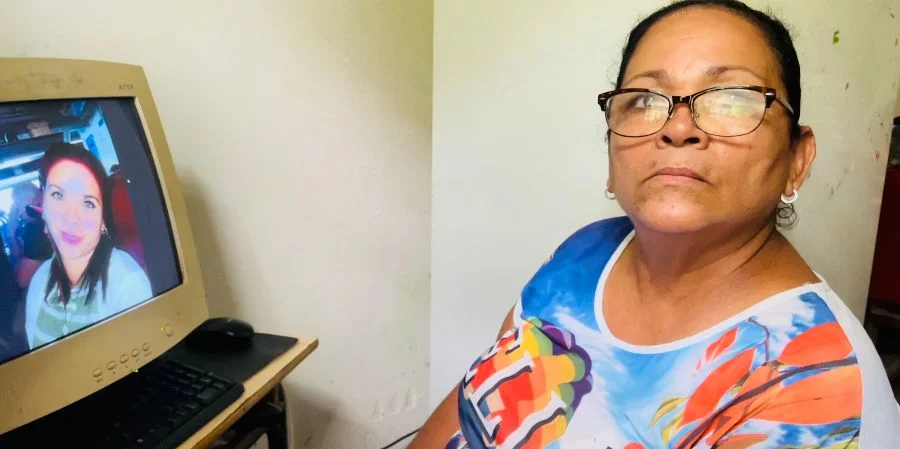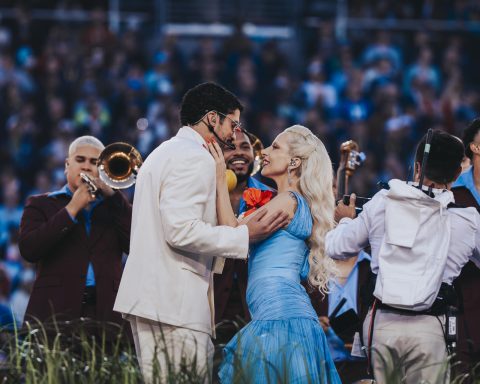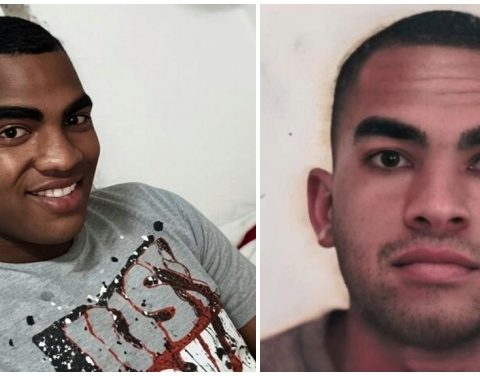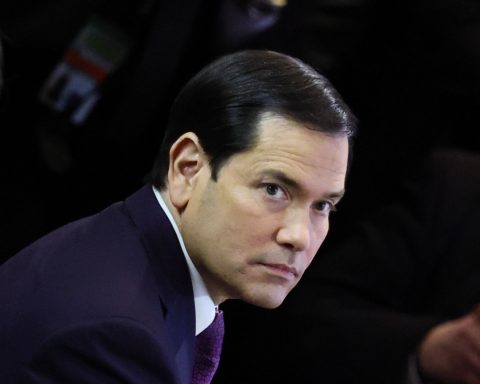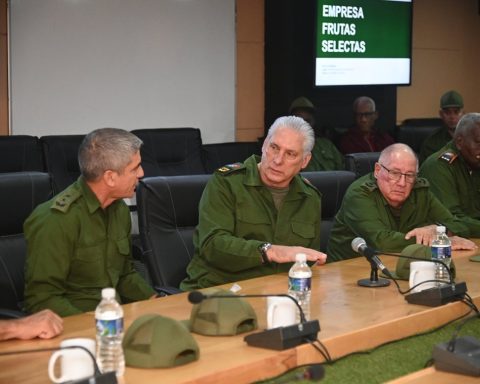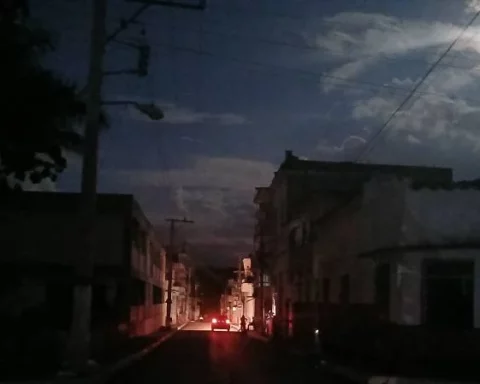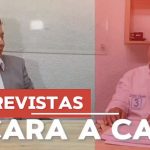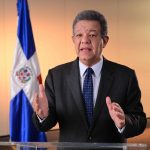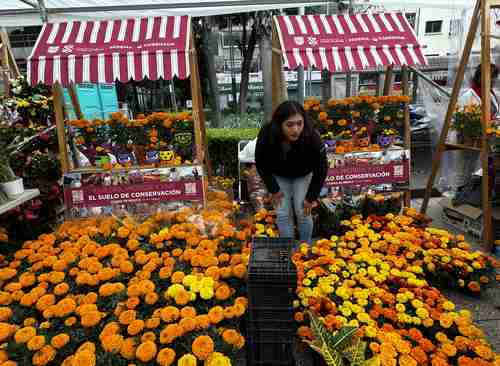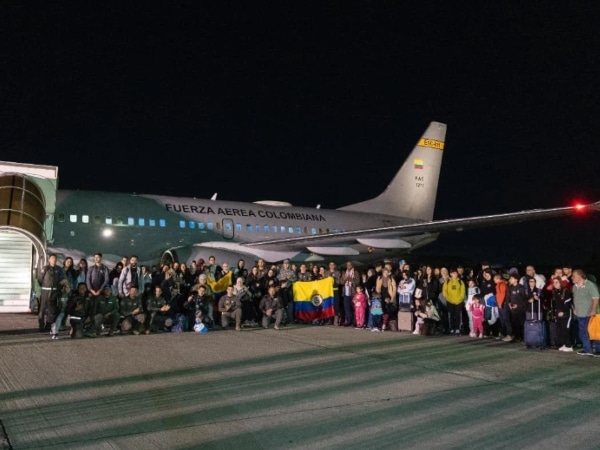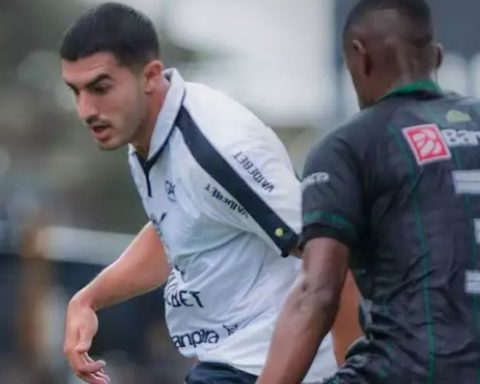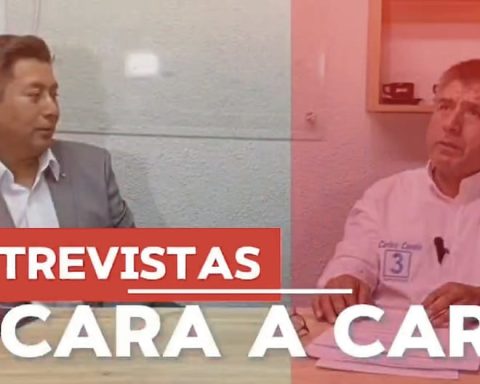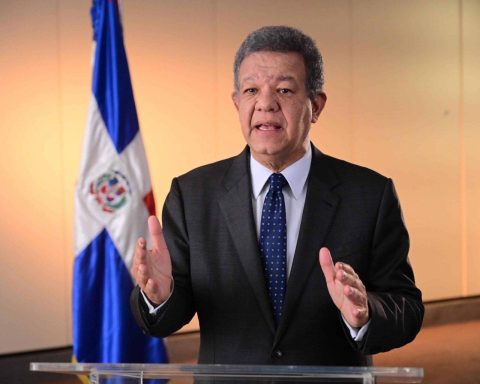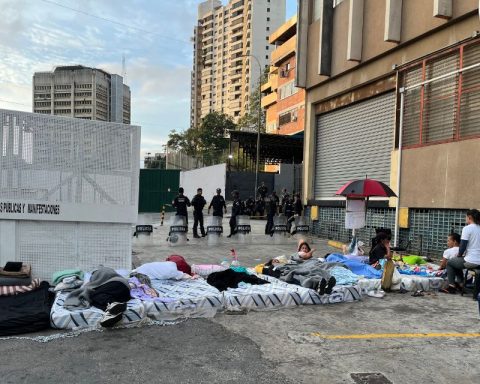ISLAND OF YOUTH, Cuba. – Marlene Espinosa Fonseca does not even have her own home, she lives in borrowed houses in a town 20 kilometers from the center of Nueva Gerona, on the Isle of Youth; She works as a cook in a soup kitchen of a Christian church. He barely has any resources, but he manages to gather all the food he can and, every 15 days, he takes it to his daughter, the political prisoner Lizandra Góngora Espinosa, who is in the Los Colonos prison of the special municipality.
Góngora Espinosa, 38 years old, is serving a 14-year prison sentence for his participation in the protests of July 11, 2021 (11J). She was accused of the alleged crimes of “sabotage”, “robbery with force” and “public disorder”. In March 2023, she was transferred from the El Guatao prison in Havana to the Isla de la Juventud prison, where her mother, her brothers and her eldest daughter reside.
She is the only political prisoner in that prison, where she shares spaces with common prisoners.
“There are prisoners there who have bigger causes than hers and have fewer years in prison. For example, there is a woman who killed her daughter and was sentenced to eight years in prison; However, Lizandra was sentenced to 14, and has five children. And so, unfair things,” said to CubaNet Marlene Espinosa Fonseca.
The political prisoner has had problems with some of these inmates, but her mother says that she tries not to tell her about it during visits so as not to worry her. State Security also threatens those who approach it.
“When they see that her cellmate talks a lot with her, they immediately take her away, they demand that she talk to Lizandra because she is a counter-revolutionary, they even call that inmate’s relatives to complain to them,” says the mother.
The intention is to also isolate her inside the prison. Her mother also says that the political prisoner complains about the conditions and mistreatment, and that she is constantly monitored.
“All the time, wherever he goes, they are taking photos of him,” says Espinosa Fonseca.
For example, in the morning sessions at the prison she is forced to participate and “they are always taking photos of her.”
“I do everything I can for her, I wish I could do more, it is very hard to see her imprisoned,” says Espinosa Fonseca.
Regarding his relationship with the State Security officers who are handling Lizandra’s case, he states: “I have always made it clear to them how I think and that, whatever mistake I make, that is my daughter, above all things. Whatever they say, I will always be right with her, not with them. “I have never collaborated with anyone.”
Delicate state of health
In March of this year, Lizandra was diagnosed with a uterine fibroid measuring five centimeters in size. This, together with other medical conditions such as sicklemia and inflammation of the vocal cord ganglia, complicate their state of health.
His mother managed to get him some medications to stop both the pain and the bleeding. Likewise, Lizandra began to have “her little precautions,” such as avoiding straining.
According to her mother, in her last doctor’s consultations she was told that the fibroid had suddenly disappeared.
Due to her health conditions, Lizandra cannot work, she spends her days and hours locked in her cell. “She doesn’t go out at all, except to go to the doctor or sunbathe or go to the dining room.”
The mother also states that she has lost a lot of weight. “She doesn’t talk to me about the food there, because she doesn’t eat in the dining room, she eats the meals that I bring her every 15 days. He only goes to look for bread or some fruit that they give like melon,” he says.
“He is always sad”
Lizandra Góngora has five children: the eldest, 21 years old, lives near her grandmother, on the Isle of Youth; the next, 17 years old, lives with his father in Havana; The three youngest are in the care of their father in the Güira de Melena municipality, Artemisa province, more than 130 kilometers from the Isle of Youth.
In the last year and seven months, Lizandra has been able to see the little ones on rare occasions because the transfer must be by boat, after booking a ticket, and it is difficult for them both due to the distance and the necessary resources, the school and other extraneous complications. such as travel suspensions due to bad weather.
This situation, according to the activist’s mother, keeps her distressed. “She is always sad,” he says, “both because of the loneliness and the distance from her children.”
Regarding the children, her grandchildren, Marlene says that they are not well: “Of all things, what I suffer the most is this. They may be healthy, their father takes care of them, but they are not well because mother is always needed. These children scrub, wash, sweep, dress and comb their hair on their own and in their own way, they do everything. “They are not happy.”
“The saddest thing about this whole cause is them. And they are not psychologically well either because they are suffering from the absence of their mother,” he added.
“Something more is needed”
Marlene is concerned about the whole situation that her eldest daughter and grandchildren are going through. She claims that Lizandra has even told her that she is going to commit suicide and that she feels excluded because they treat her “as if she were the worst thing in the world.”
Her mother tries to give her strength: “I always tell her ‘That’s not like that, because those who are next to you killed, stole, and you didn’t do anything, you just went out to claim your rights.’”
With great pain, but being realistic, Marlene recognizes that she has no hope that Lizandra can be released before serving her sentence. “I think something more is needed,” he said.
Likewise, he affirms that his daughter is innocent, like all the 11J prisoners.
“It is true that some made many mistakes like stealing, but claiming rights is not bad; If all Cubans had come out to demand our rights, as we should, I know that we would be better off today. There was violence, it is true, there were things that should not have happened, but if we had all come out to claim our rights, the ones we have as citizens, as people, I think we would be better off,” he concluded.
